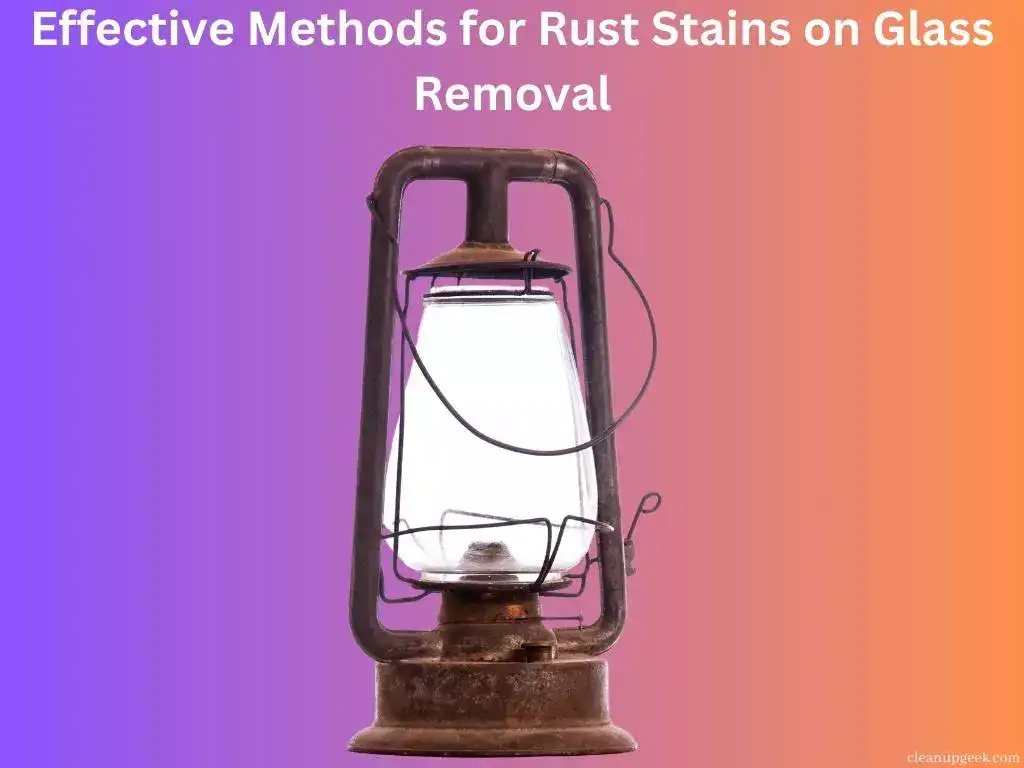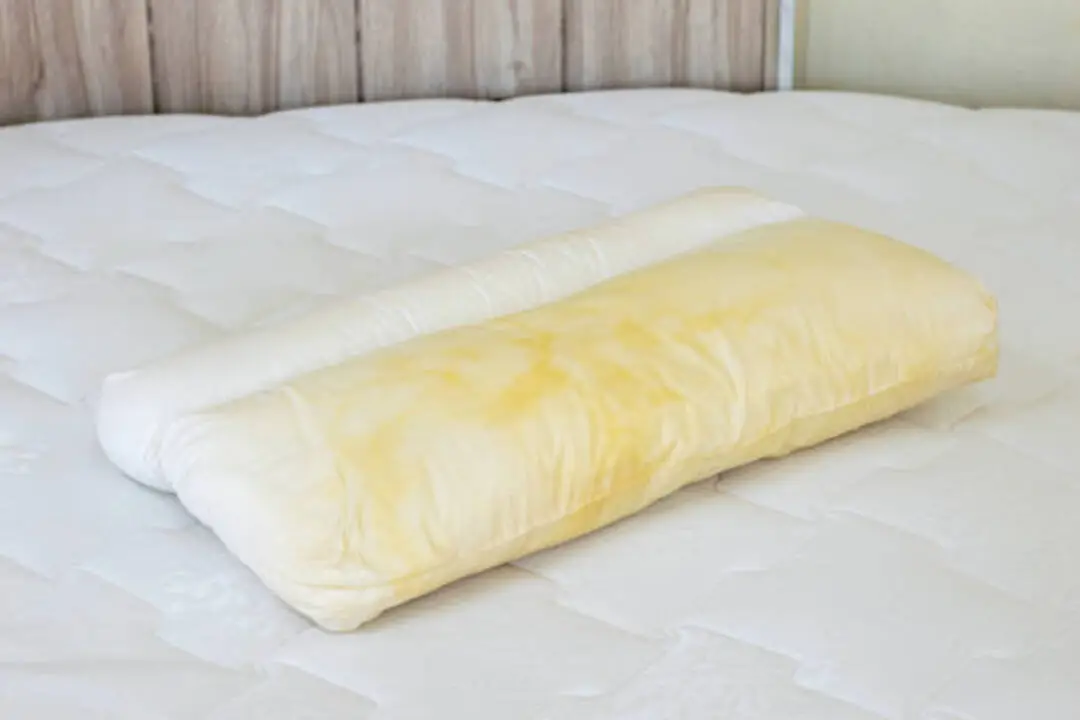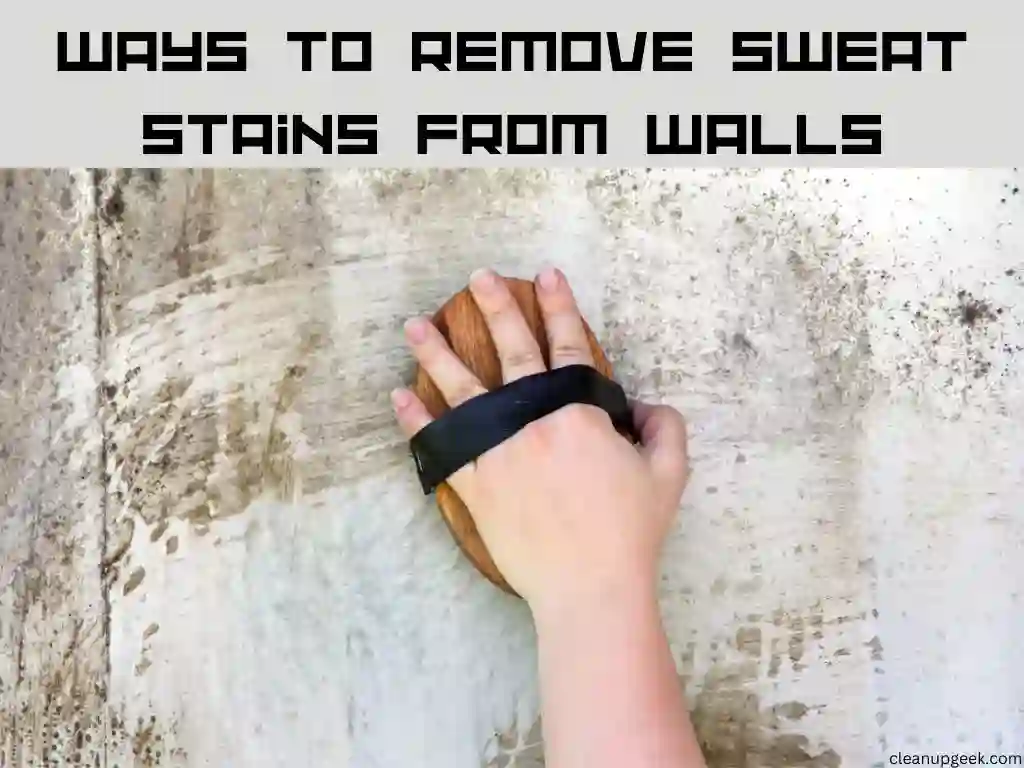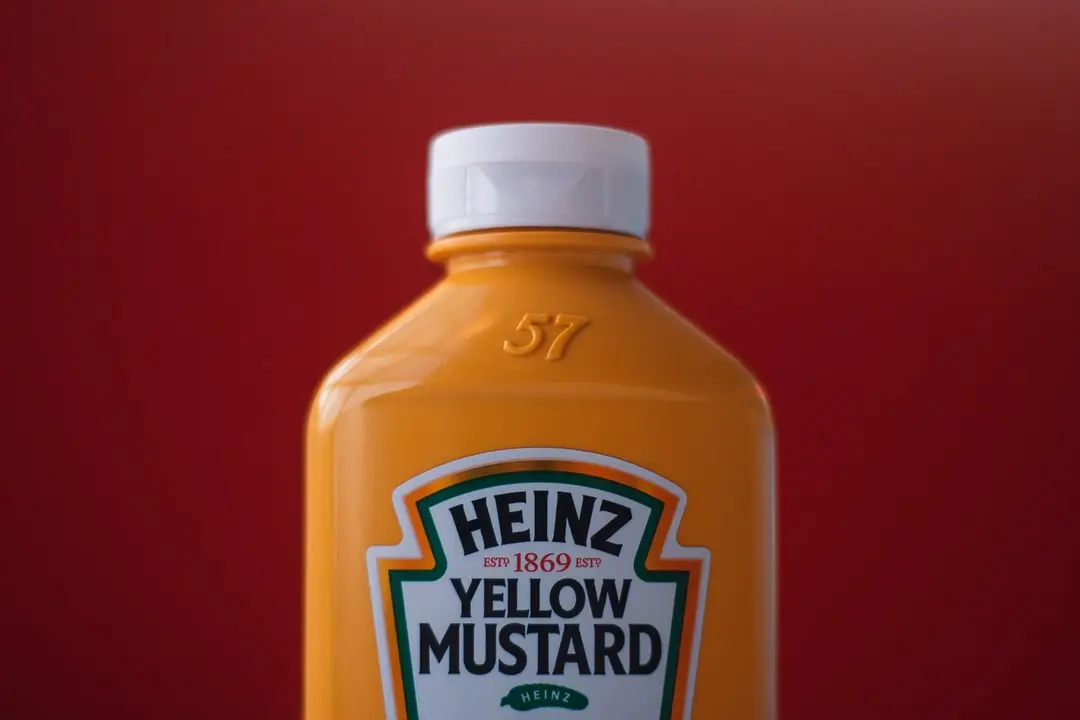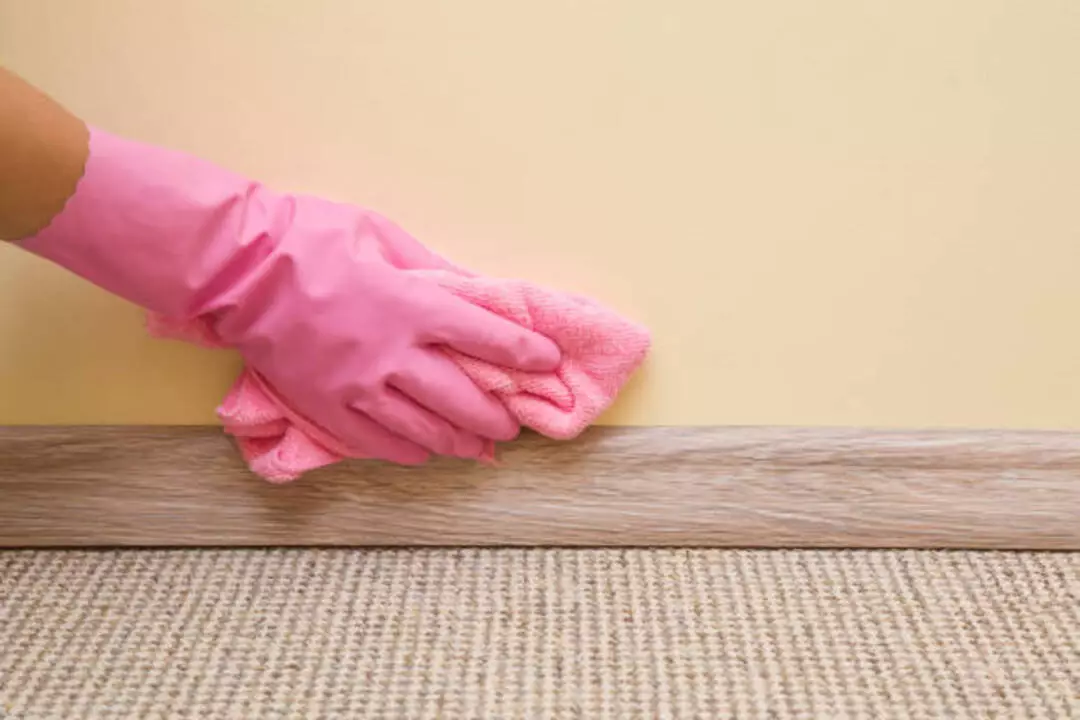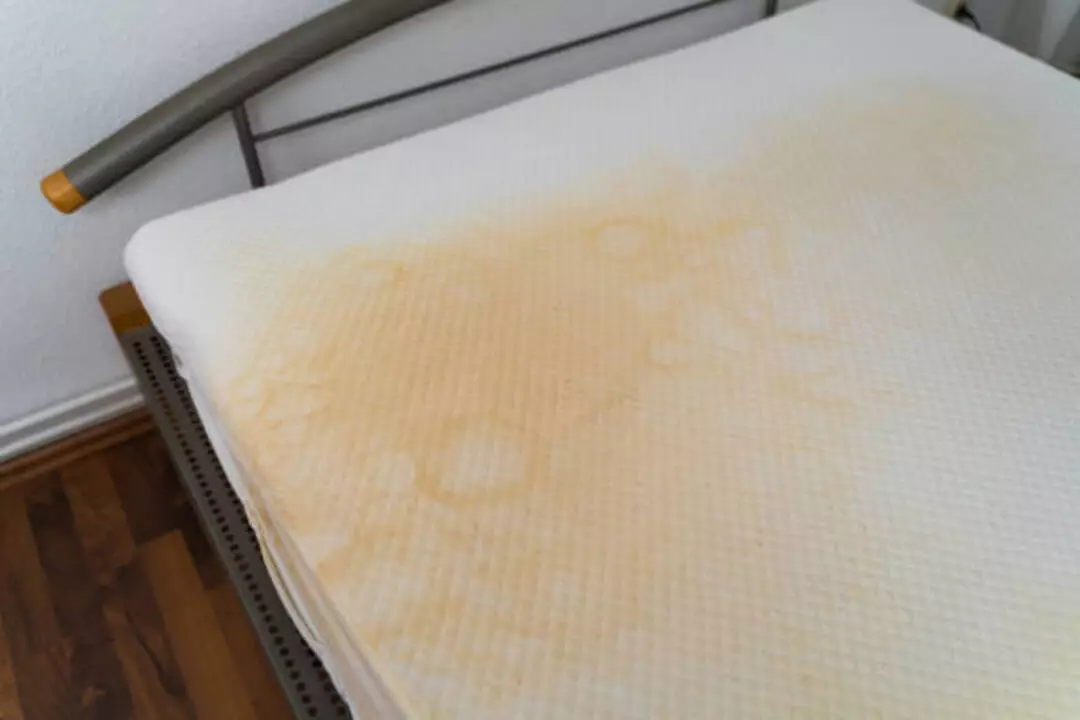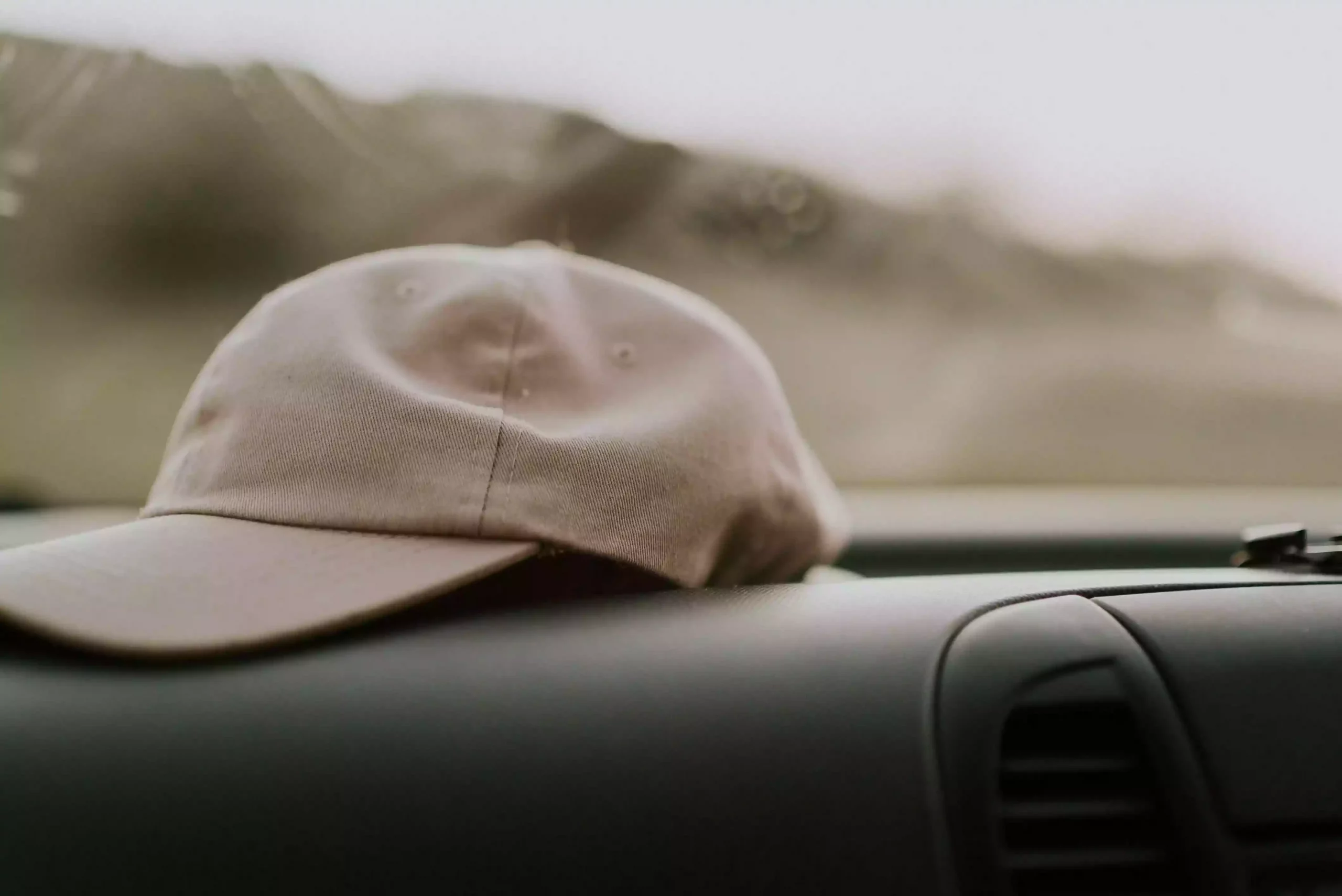Having rust stains on glass surfaces can be an unsightly problem that’s challenging to remove. Rust, which is caused by the oxidation of iron, adheres firmly and stubbornly to the glass.
That’s where this comprehensive guide comes in—we will cover all you need to know about effectively removing these stubborn stains from any type of glass surface. Let’s dive into a world free from pesky rust spots!
INFO
- Rust stains on glass can be effectively removed using methods like vinegar and salt solutions, lemon juice treatments, cream of tartar paste, baking soda paste, or store-bought rust stain cleaners.
- Factors to consider when removing rust stains from glass include the type of glass surface, the severity of the stains, and the time since the occurrence of the stain.
- Preventive measures such as regular cleaning and maintenance, applying rust-resistant coatings or sealants, and avoiding exposure to moisture and metal contaminants can help prevent future rust stains on glass surfaces.
- Different types of glass require different cleaning methods.
- Lighter stains can often be removed with homemade remedies like vinegar or lemon juice.
- Severe stains may need stronger solutions or commercial products.
- Act quickly to remove fresh rust stains for better results.
Factors to Consider for Rust Stain Removal on Glass

When removing rust stains from glass, there are several factors to consider, such as the type of glass surface, the severity of the rust stains, and the time since the occurrence of the stain.
1. Type of glass surface
All glass is not the same. Some are smooth and easy to clean. Others have little lines, spots, or bumps that can hold rust. Clear glass shows rust stains very well. Frosted or dark glass can hide them a bit more.
Knowing your type of glass helps you choose the right tools and ways to remove rust stains. Be gentle with delicate surfaces such as stained-glass windows or artistic pieces. For these, less harsh methods like vinegar or baking soda could work best.
Always test first in a small, hidden area before using any cleaning tool or method on the whole surface!
2. Severity of rust stains
When dealing with rust stains on glass, the severity of the stains is an important factor to consider. The severity will determine the level of effort and methods needed for removal.
If the rust stains are light or moderate, you can try using homemade solutions like vinegar and salt or lemon juice. These methods are effective in removing mild to moderate rust stains from glass surfaces.
However, if the rust stains are severe and have been present for a long time, stronger measures may be required. Cream of tartar paste or baking soda paste can be applied to stubborn rust stains and left to sit for a longer period of time before scrubbing with a non-scratching sponge.
For extremely tough rust stains that do not respond to homemade remedies, store-bought rust stain cleaners specifically designed for glass surfaces may be necessary. These commercial cleaners contain powerful ingredients that can effectively dissolve and remove even deep-set rust stains.
It’s important to remember that prevention is key when it comes to rust stains on glass. Regular cleaning and maintenance can help prevent the buildup of moisture and metal contaminants that lead to corrosion and, ultimately, rust staining.
3. Time since rust stain’s occurrence
The time since the rust stain occurred on the glass is an important factor to consider for effective removal. If you notice the rust stain early on, it will be easier to remove compared to stains that have been there for a long time.
Fresh stains can often be removed with simple home remedies like vinegar and salt solutions or lemon juice treatments. However, if the rust stain has been there for a while, you may need stronger solutions or store-bought rust stain cleaners to get rid of it completely.
So, remember to address new stains as soon as possible for better results in removing them from your glass surfaces.
Effective Methods of Rust Stain Removal on Glass
To effectively remove rust stains on the glass, you can use a vinegar and salt solution, lemon juice treatment, cream of tartar paste, baking soda paste, or store-bought rust stain cleaners.
1. Vinegar and salt solution
To remove rust stains from glass, you can try using a vinegar and salt solution. Here’s how you can do it:
- Mix equal parts white vinegar and salt in a bowl.
- Apply the mixture to the rust stains on the glass.
- Let it sit for about 15 minutes to allow the solution to work on the rust.
- Gently scrub the rust stains with a non-scratching sponge or cloth.
- Rinse the glass with water to remove any residue.
2. Lemon juice treatment
To remove rust stains from glass, you can try the lemon juice treatment. Here’s how to do it:
- Squeeze fresh lemon juice onto the rust stain.
- Allow the lemon juice to sit on the stain for about 10 minutes.
- Use a non-scratching sponge or cloth to gently scrub the stain in circular motions.
- Rinse the area with water and dry it thoroughly.
3. Cream of tartar paste
Cream of tartar paste is an effective method for removing rust stains from glass. Here’s how to use it:
- Mix cream of tartar and water to create a paste.
- Apply the paste directly to the rust stain on the glass.
- Let it sit for about 30 minutes to allow the paste to break down the rust.
- Use a non-scratching sponge or cloth to gently scrub the stained area.
- Rinse off the paste with water and dry the glass thoroughly.
4. Baking soda paste
To remove rust stains from glass, you can try using a baking soda paste. Here’s how:
- Mix baking soda and water to form a paste.
- Apply the paste directly onto the rust stains on the glass surface.
- Gently scrub the stained area using a non-scratching sponge or cloth.
- Rinse the glass with water to remove any residue.
- Repeat the process if necessary until the rust stains are completely removed.
5. Store-bought rust stain cleaners
Store-bought rust stain cleaners can be an effective solution for removing rust stains from glass. Here are some options to consider:
- Oxalic acid-based cleaners: These cleaners contain oxalic acid, which helps break down and dissolve rust stains. They are often available in liquid or powder form.
- Commercial rust removers: Many companies manufacture specific products designed to remove rust stains. These cleaners often come in spray bottles or ready-to-use solutions.
- Abrasive cleaners: Some abrasive cleaners can also help tackle stubborn rust stains. Look for ones that are safe for use on glass surfaces.
Preventive Measures to Avoid Rust Stains on Glass
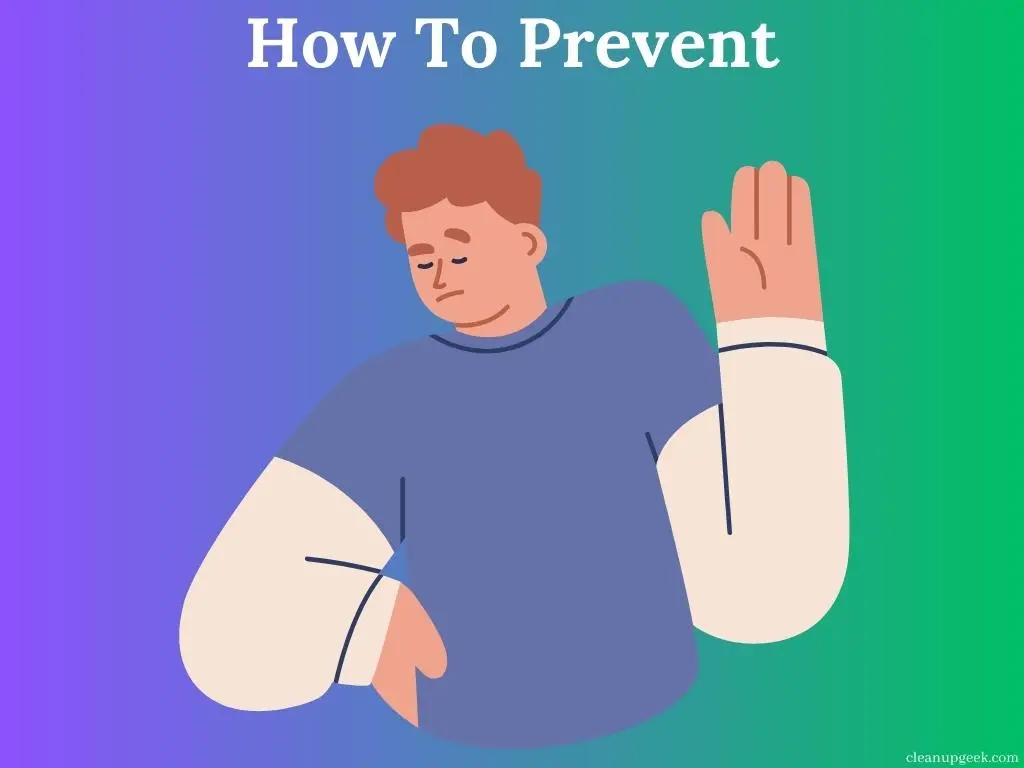
To prevent rust stains on the glass, regularly clean and maintain the surfaces, apply rust-resistant coatings or sealants, and avoid exposing the glass to moisture and metal contaminants.
1. Regular cleaning and maintenance
To prevent rust stains on glass, it is important to regularly clean and maintain your glass surfaces. Clean the glass using a non-abrasive cleaner and a soft cloth or sponge. Wipe away any dust, dirt, or other contaminants that could lead to rust formation.
Pay special attention to areas where moisture tends to accumulate, such as around windowsills or near water sources. Regular maintenance also includes checking for any signs of corrosion or rust starting to form and addressing them promptly.
By keeping your glass surfaces clean and well-maintained, you can significantly reduce the risk of rust stains forming in the first place.
2. Use of rust-resistant coatings or sealants
To prevent rust stains on glass, you can use rust-resistant coatings or sealants. These products create a protective barrier on the glass surface, making it harder for rust to form. They are specifically designed to withstand moisture and metal contaminants that can cause rusting. By applying these coatings or sealants, you can prolong the lifespan of your glass and minimize the risk of rust stains.
3. Avoiding exposure to moisture and metal contaminants
To prevent rust stains on glass, keep these tips in mind:
- Keep glass surfaces dry and avoid prolonged exposure to moisture.
- Protect glass from metal contaminants by using non-metallic or rust-resistant materials.
- Store metal objects away from glass surfaces to minimize the risk of corrosion.
- Use rust-resistant coatings or sealants on glass to provide an added layer of protection.
- Regularly clean and maintain glass surfaces to remove any potential sources of rust.
Frequently Asked Questions

1. What are some effective methods for rust removal on glass?
Some good ways to get rid of rust stains on glass include using a non-scratching sponge, lemon and salt, vinegar, or baking soda.
2. How can I use lemon and salt for rust stain removal?
To remove rust spots from glass with lemon and salt, apply the mix to the stain. Then scrub it off gently with a cloth or sponge.
3. Can other items help me clean away rust stains from glass?
Yes! Steel wool is another method of removal you can use to carefully rub away tough rust stains from metal objects near your glass surfaces.
4. Are there steps to prevent getting rusty areas on my windows?
For sure! Using proper cleaning techniques helps prevent rust stains on your windows and other pieces of glass
5. Is there a complete guide that tells me how to keep my glasses free from reddish-brown spots?
Yes, there’s an in-depth guide called ‘Effective Methods for Rust Stains on Glass Removal.’ It tells you all about removing these marks step by step.
Conclusion and final thoughts
In conclusion, this comprehensive guide has provided effective methods for removing rust stains from glass.
By considering factors such as the type of glass surface and the severity of the stains, you can choose the best method for removal.
Whether using vinegar and salt solution, lemon juice treatment, or store-bought cleaners, these techniques will help restore your glass to its original shine.
Additionally, taking preventive measures like regular cleaning, using rust-resistant coatings, and avoiding exposure to moisture and metal contaminants can prevent future rust stains on your glass surfaces.
